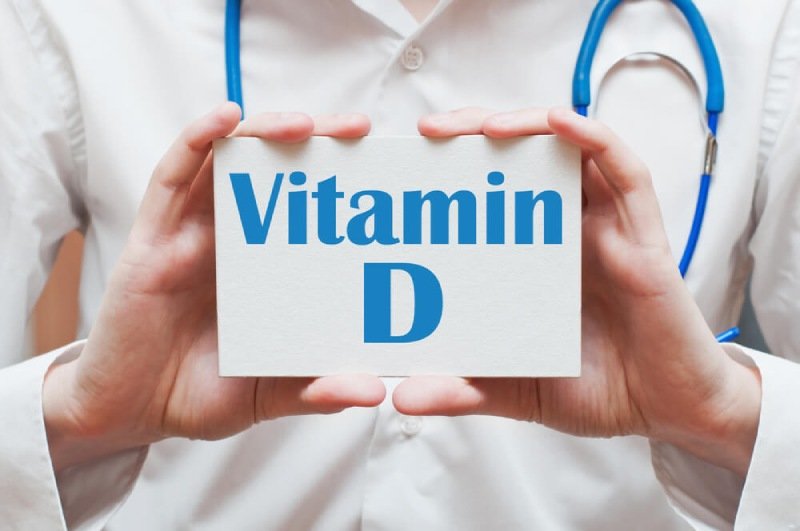Low amounts of vitamin D in the body can cause health problems like brittle bones and weak muscles. Many people are deficient in vitamin D without realizing it because it can go unnoticed and doctors don’t regularly check levels. The body need vitamin D to absorb calcium and phosphorus, which is necessary for maintaining strong bones.
To appropriately absorb calcium from meals, one must have adequate levels of vitamin D. It is difficult for those with severe vitamin D deficiency to absorb calcium from meals. Sufficient levels of vitamin D also improve the absorption of phosphorus from your diet.
Since the skin converts UV photons from the sun into vitamin D, most people typically get adequate vitamin D via sun exposure. Furthermore, vitamin D is obtained by people via a variety of foods and dietary supplements, including fish, egg yolks, fortified milk, and cereal.
What level of vitamin D is required for you?
Your age plays a significant role in figuring out how much vitamin D you need to take each day. The recommended amounts, expressed in international units (IU), are – 400 IU between the ages of one and thirteen; 600 IU between the ages of fourteen and eighteen; 600 IU between the ages of nineteen and seventy-one; 800 IU for those aged seventy-one and above; and 600 IU for expectant mothers. It is crucial to find out how much vitamin D you need from your healthcare professional because people who are at risk of insufficiency may need more.
Why is vitamin D necessary?
1. Absorption of Calcium
The body cannot absorb calcium from the diet if vitamin D levels are inadequate. Vitamin D plays a crucial role in the absorption of calcium. Calcium is essential for the development and upkeep of strong bones. The risk of bone discomfort, bone fractures, muscle soreness, and muscle weakness is higher in people with low vitamin D levels.
2. Growth of Bones
In order to preserve bone health and density, a balanced process of bone production and resorption is essential, and vitamin D plays a major part in this process.
3. Function of Muscles
Muscular function and bone health are strongly associated. It takes vitamin D for both. By preserving muscle strength and function, it reduces the incidence of fractures and falls, especially in the elderly. Strong muscles support and protect bones, which contributes to the maintenance of overall orthopedic health.
4. Bone Mineralization
Bone mineralization, the process by which calcium and phosphorus are deposited in bones, is aided by vitamin D. For bones to grow and stay dense and strong, this process is essential. Thus, insufficient vitamin D can lead to weaker bones and diseases like rickets in children and osteomalacia in adults.
5. Prevention of Osteoporosis
Osteoporosis is a condition that weakens and easily fractures bones. Insufficient amounts of vitamin D are the primary cause of brittle bones. fragile, fragile bones. Vitamin D helps preserve bone strength and density by promoting appropriate calcium absorption and bone mineralization, which lowers the risk of fractures and orthopedic problems related to osteoporosis.
Topics #5 Things #vitamin D











